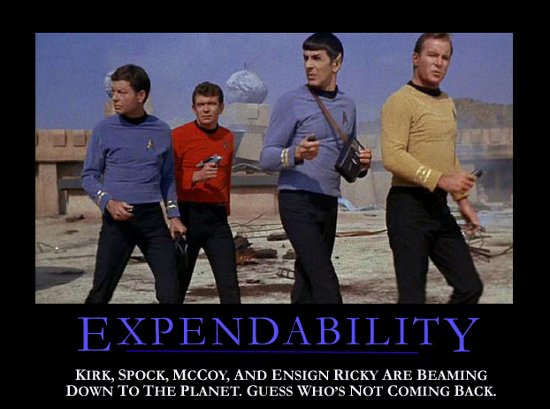John J. Alquist informs us that “the Industrial Revolution is dead and the 20th Century is ancient history. These changes spawn a whole new world of nearly universal self-employment, serving global markets.” Alquist is a public speaker who seeks a variety of audiences, including network marketing/MLM groups, among others. Perhaps universal self employment is, among other things, a pyramid scheme.
Bonnie Erbe equates the freelance economy, freewheeling as it is along the highway to universal self employment, to basic economic insecurity, as do I.
David Ellerman defines capitalism as “production organized on the basis of the employer-employee relationship,” with the alternative to this system being “a private property market economy where everyone is self-employed (individually or jointly) in their workplace.” At first glance, it looks to me as though selling oneself to one or more employers as a prerequisite to solvency and independent survival is replaced by selling oneself to one or more customers. The necessity of selling remains a sort of sword of Damocles; the wolf is still at the door. One clear advantage of self employment over employment employment is that the full time employer employer is usually a sort of monopsony, or sole buyer of a person’s labor. With monopsony comes market power, which, like any kind of power, corrupts. One advantage of employment employment over self employment, to me, is that one act of selling oneself gets days, weeks, months, maybe years of employment, whereas self employment may require selling, schmoozing and networking as much as 24/7 for life. Self employment is also monopsony for the entrepreneur with only one customer. This is typically the case when one is “self employed on paper,” basically a de facto employee receiving a 1099 instead of a W-2. Replacing employment employment with self employment seems to me at best an even trade, and perhaps a baptism by fire or worse for shy folk such as myself. Ellerman explains that the type of universal self employment described here entails labor hiring capital. Hopefully this means that labor is less on the defensive; no longer having constantly to prove its worth, compete over every opportunity, no matter how small, and in general, be expendable.

Anagorism, of course, seeks an alternative to property and markets, not just to employers and employees. How to implement an alternative to market employment? One tool I envision is One Big Database for matching people to “jobs.” One science fiction implementation is “Divlab” in Ursula LeGuin’s novel The Dispossessed. The key element to such a scheme, as I see it, is transparency. The most odious burden the status quo labor market places on me is the necessity of networking, or maintaining the type of social contacts to know where at least some of the “unadvertised” openings are. The statist approach, of course, would be to require public posting of all vacancies. A dual power approach might start with the approach of acknowledging that for now, information about available jobs is insider information, but instead of seeking to become an insider through networking, seek to expose the information through crowdsourcing. If One Big Database can’t be created, at least a sort of distributed database should be possible; hopefully indexing a larger fraction of the labor market than proprietary engines such as monster.com, which makes people jump through countless hoops of saying “no, thank you” to for-profit “universities” in exchange for access to mostly low-value information.
I’m not sure what might be the ultimate goal of anagorism when it comes to matters of employment or alternatives to it. Sufficiently cheap technologies of automated manufacturing might mean total economic self-sufficiency for each individual, without the interdependence which necessitates push-and-shove venues such as trading in the market economy. High-tech modification of the humyn form might result in people getting by with physical inputs small enough to allow being self-supporting even on Mechanical Turk wages. Perhaps we will settle for a soft anagorism in which the market still operates, but more humanely, perhaps through extreme transparency, or better yet, partial satisfaction of needs through non-market activity.
